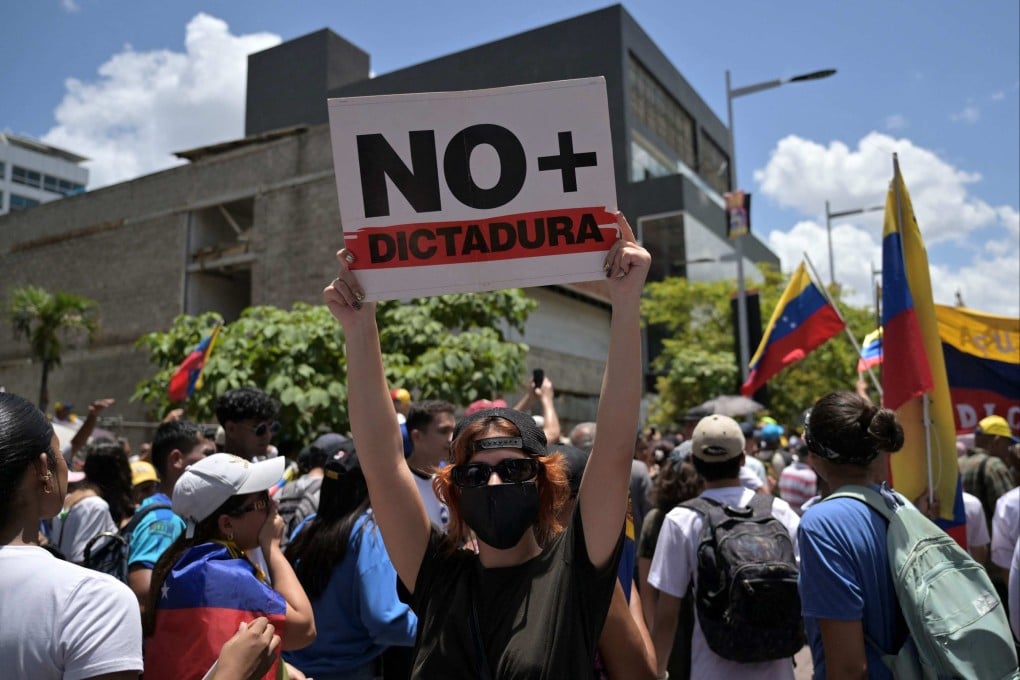Opinion | Venezuela’s crisis holds lessons for other developing nations
- A competent government, political stability and an agile economic plan are crucial, as is the absence of external interference

First, governability – the capacity of the government to tackle the country’s problems – is vital. As the fundamental structure of a nation, the government is involved in various aspects of daily life and should be competent enough to deal with them properly. Therefore, it must have a clear vision, address the demands of the different groups and try to make most people happy by offering economic benefits.
Venezuela has all the advantages it needs for rapid economic growth, especially with its superb natural resources. Faced with a strong opposition, however, both the Chavez and Maduro administrations have failed to maintain political and social order, unable to carry out policies to ensure that market forces play a decisive economic role and talented people are willing to remain in the country to work hard for their motherland.
Second, political stability is the foundation for promoting economic development and building a harmonious society. In its absence, policies cannot be implemented properly, institutions like the legal system could fail, social order cannot be guaranteed and the investment environment deteriorates. Order and harmony come to be replaced by “street democracy”.
Sadly, Venezuela’s opposition forces have been very successful in organising marches, demonstrations, protests and strikes, depriving the country of political stability and worsening the environment for investment.

